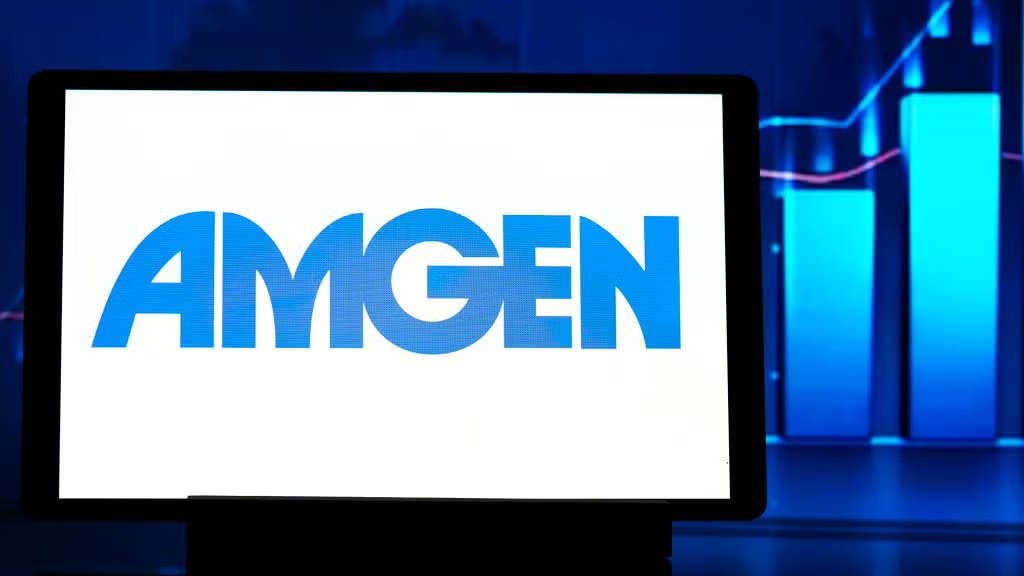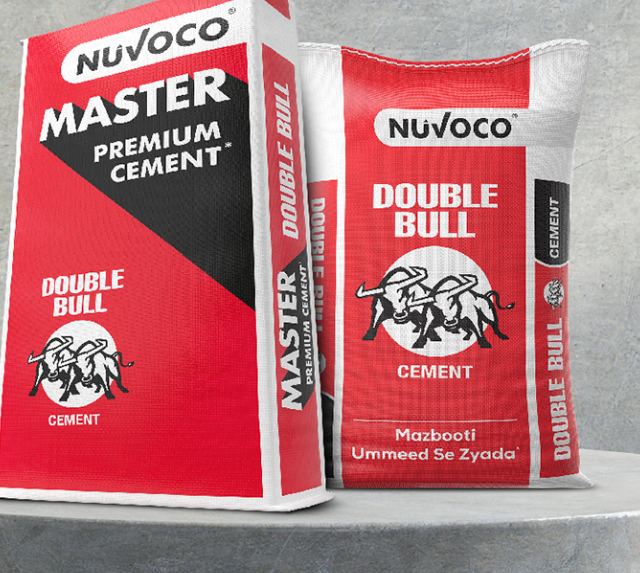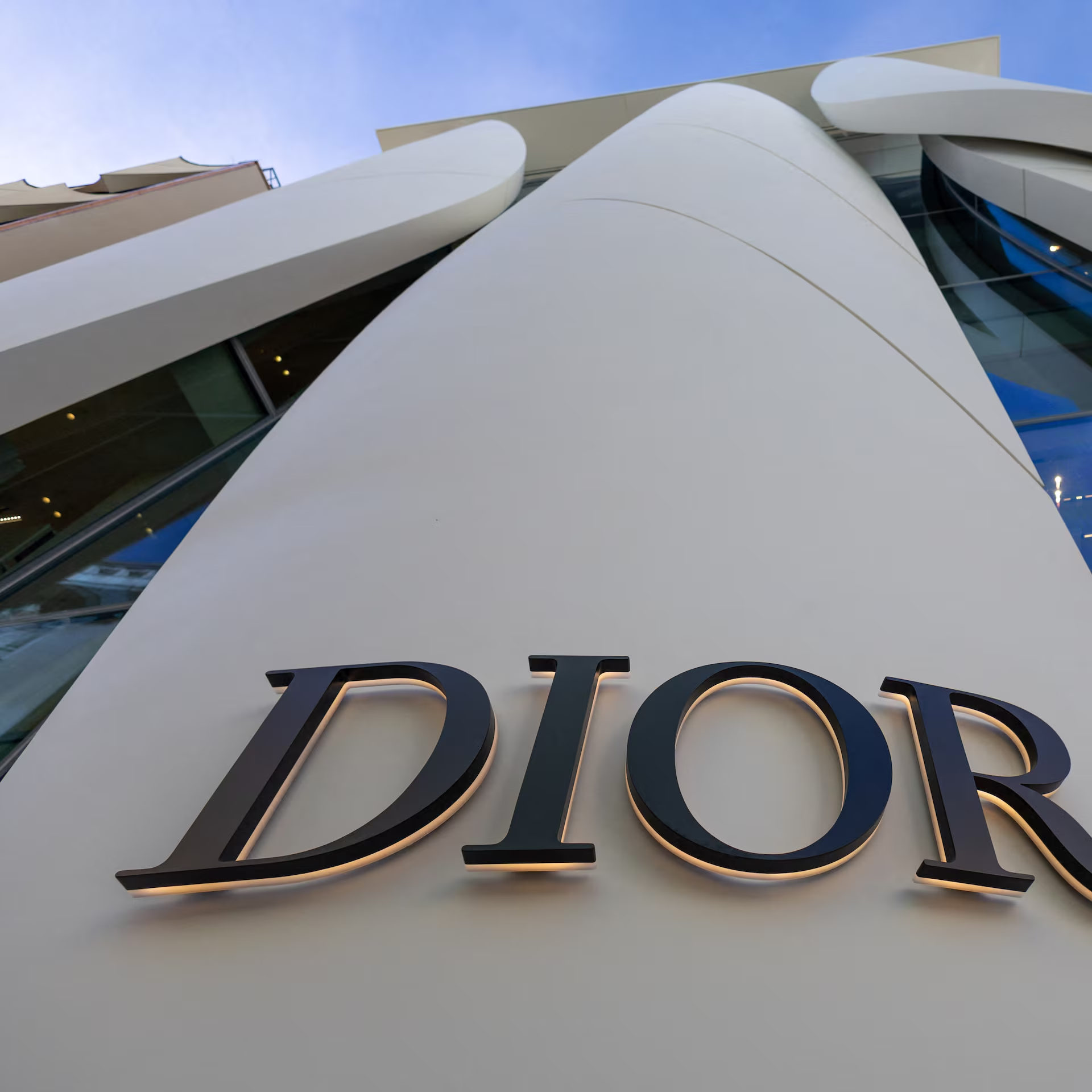Biopharmaceutical giant Amgen is entering the final stretch of clinical testing for its experimental weight-loss drug MariTide, marking a critical moment in the company’s bid to break into the ultra-competitive GLP-1 drug class — a category currently dominated by Eli Lilly and Novo Nordisk.
The Phase 3 clinical trial is now underway, with patient enrollment initiated and new protocols addressing earlier concerns over tolerability. The company has shifted to a three-step dose escalation model — starting at 21 mg and gradually increasing to 350 mg — to help mitigate the side effects that spooked some investors during its Phase 2 reveal last year.
Competitive Weight Loss, Differentiated Delivery
MariTide demonstrated up to 20% weight loss in obese individuals during Phase 2 trials, and around 17% in patients with Type 2 diabetes — notable, though slightly behind market leader Zepbound from Eli Lilly, which has reported losses of up to 24%.
Yet Amgen’s strategic edge may lie not in sheer weight loss figures, but in how often the drug is administered. MariTide could become the first GLP-1 therapy to be injected monthly or even quarterly, compared to weekly injectables currently on the market.
This is particularly important in a market where compliance and lifestyle convenience are becoming key differentiators. “Not everyone is comfortable with frequent self-injections,” said Amgen R&D head Jay Bradner. “MariTide’s longer dosing intervals offer an opportunity to engage a different segment of patients.”
Investor Sentiment: Skepticism Gives Way to Cautious Optimism
After initial safety concerns tanked Amgen’s stock last November — at one point dropping more than 30% in a single day — recent developments have helped rebuild confidence. Analysts at Jefferies described the current outlook as “surprisingly bullish,” noting that MariTide’s side effect profile and monthly dosing could give it a unique position in the GLP-1 market.
“Physician feedback has been strong,” their note stated, “and while investor sentiment remains mixed, the differentiated profile could carve out a meaningful niche.”
Amgen has also emphasized that weight loss among trial participants had not plateaued after 52 weeks, suggesting potential for even greater efficacy over time.
The GLP-1 Race: Can a Late Entrant Still Win?
Eli Lilly and Novo Nordisk have established dominant positions with Zepbound and Wegovy, respectively, transforming the GLP-1 drug class into one of the most lucrative segments in healthcare. Analysts expect the global obesity drug market to surpass $100 billion in annual sales by 2030.
But as Bradner points out, the market is expected to sub-segment, making room for therapies that appeal to different user profiles. “This isn’t a winner-takes-all game,” he explained. “It’s about delivering options that match the diversity of patient needs.”
365247 Media Insight: Bet on Format Innovation, Not Just Efficacy
In the next evolution of obesity therapeutics, frequency, form, and patient experience could matter just as much as raw weight-loss numbers. With GLP-1 saturation setting in, MariTide’s promise lies in shifting the delivery model — and appealing to millions who may be turned off by weekly injections.
The big question isn’t whether Amgen can outperform Lilly or Novo on data points — but whether it can own a new use case in the same category.
IMAGE: Getty Images


